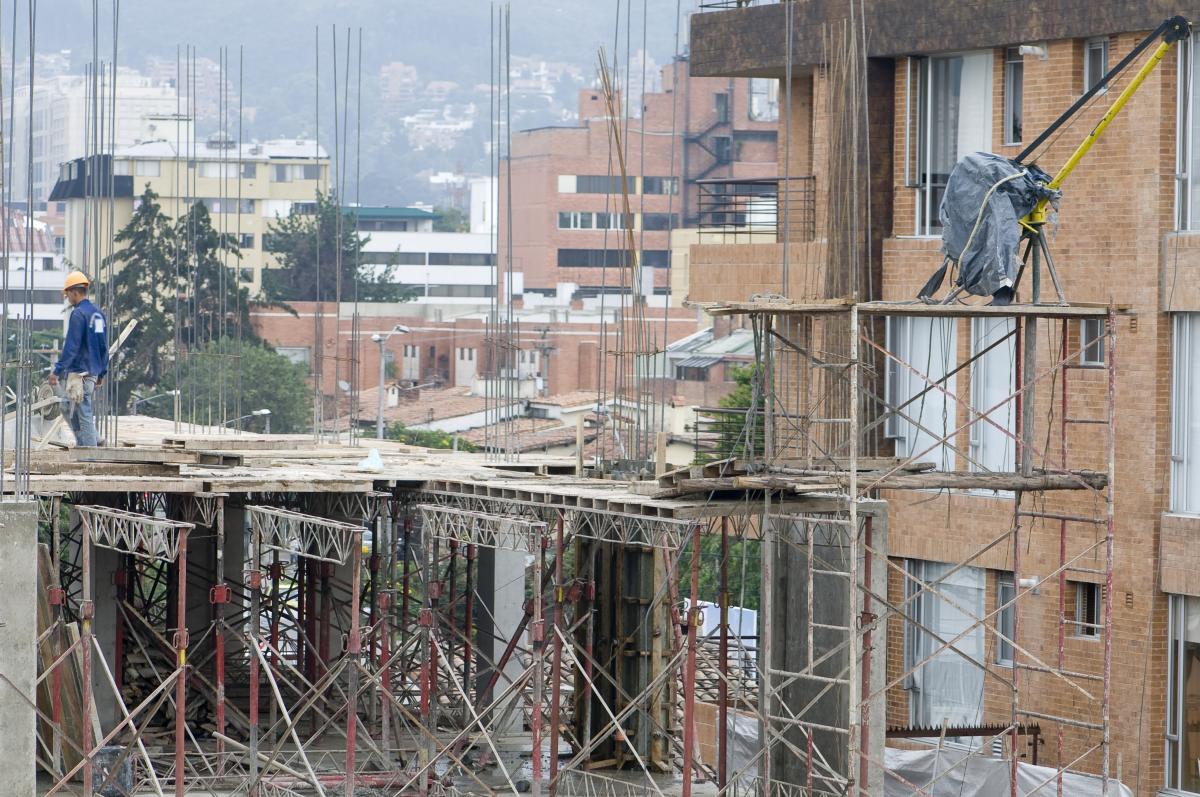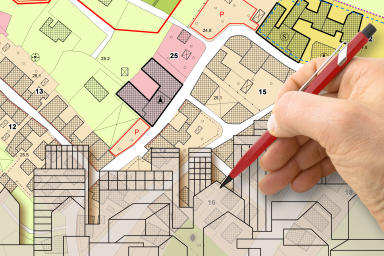Construction Defects: Everything Your Real Estate Lawyer Wants You To Know

According to a 2020 study by LJP Construction Services, an average of 4% of construction projects across the United States may have one or more construction defects. This data was collected over four years on more than 2,000 projects though it should be noted that only 26 states were represented in the final data. Still, with over 47,000 specific deficiencies in construction projects during the study, that number is alarming for real estate investors and homeowners. If you find yourself in a position that requires legal action for construction defects, you’ll likely need to hire a litigation or real estate attorney to represent your interests. In that case, there are a few things you should know beforehand.
Legal Definition of Construction Defects
The legal definition of construction defects can vary slightly depending on the jurisdiction, as laws can differ between states (and sometimes counties). However, in general, construction defects refer to deficiencies in a building or structure’s design, construction, or quality of a building or structure that result in a failure to meet the applicable standards or expectations.
Common Construction Defects
Defects in construction may lead to water intrusion, mold growth, instability, electrical or plumbing failures, as well as other issues that can affect the property's useability, value, or safety.
Resolving construction defect disputes often involves legal proceedings, such as negotiations, mediation, arbitration, or litigation, depending on the nature and severity of the defects and the applicable laws in the jurisdiction. Below are some of the most common construction defects that result in litigation.
Design defects
A design defect is a flaw or error in an architectural or engineering plan that results in structural instability, inadequate support, or other problems.
Material defects
Material defects can cause premature deterioration, rot, corrosion, or other material-related problems when substandard or unsuitable materials are used.
Construction (process) defects
A construction defect occurs when there are mistakes or deficiencies in the construction process, such as poor workmanship, improper installation, or failure to adhere to construction standards and guidelines.
System or component failures
The failure of major building systems or components, such as electrical, plumbing, HVAC (heating, ventilation, and air conditioning), or roofing, which causes functional problems or safety hazards, is considered a system or component failure.
Building code or regulation violations
The violation of building codes or regulations refers to noncompliance with local, state, or national building codes, regulations, or ordinances that are designed to ensure the safety, quality, and integrity of structures.
What To Do If a Property You Own Has a Construction Defect
If you suspect that a property you own has a construction defect, here are some general steps you can take. Remember that specific laws and procedures vary depending on your jurisdiction. You can use Expertise.com’s legal directory to find the best attorney in your area to ensure that the issue is resolved.
Document the defect
Take photographs or videos of the construction defect and gather relevant documentation, such as contracts, plans, warranties, and inspection reports. This evidence will be crucial in supporting your case.
Consult an attorney
Ultimately, consulting an attorney specializing in real estate or construction law is best. They can provide guidance on your rights, legal options, and potential remedies available under local laws.
Understand the statute of limitations
Construction defect claims are subject to statutes of limitations, which are time limits for filing legal actions. Your real estate lawyer can help you understand the applicable statute of limitations in your jurisdiction to ensure you don't miss any important deadlines.
Review contracts and warranties
Your attorney will examine contracts you have with the builder, contractor, or developer, as well as any warranties that may be applicable. Then, they’ll identify any provisions related to construction defects, dispute resolution, or warranty claims to determine the best course of action.
Notify the responsible party
Contact the party responsible for the construction defect. While some folks recommend notifying the party as soon as possible, we recommend consulting with an attorney. When you notify the other party, provide them with a written notice detailing the issue and requesting repairs or remediation. Keep a record of all communications.
Consult with experts
Depending on the nature and severity of the defect, your attorney may find it beneficial to consult with experts such as engineers, architects, or other construction professionals who can assess the problem. Additionally, if necessary, these folks can provide an expert opinion on the cause and potential solutions.
Consider mediation or another dispute resolution method
In many cases, it's advisable to explore alternative dispute resolution methods before resorting to litigation. This could involve mediation or arbitration, where a neutral third party helps facilitate a resolution between you and the responsible party.
What Kind of Lawyer Do I Need for Construction Defects?
For construction defects, it is advisable to consult with an attorney who specializes in construction law or real estate law. These attorneys have expertise in handling legal matters related to construction projects and can provide guidance and representation specific to your situation.
Consultations with attorneys are typically offered on an initial basis, allowing you to discuss your situation and evaluate whether they are the right fit for your needs. During the consultation, ask questions about their experience, strategies, and fee structure to ensure you make an informed decision.
Remember that the information provided here is general, and it is always advisable to consult with a qualified attorney who can provide personalized advice based on the specifics of your case and the laws in your jurisdiction.
Expertise.com researches the best attorneys to help you make informed decisions– you can find an experienced real estate attorney in your area to help with any questions you may have about construction defects affecting your property.
Expertise.com StaffAuthor
Step into the world of Expertise.com, your go-to hub for credible insights. We don't take accuracy lightly around here. Our squad of expert reviewers, each a maestro in their field, has given the green light to every single article you'll find. From rigorous fact-checking to meticulous evaluations of service providers, we've got it all covered. So feel free to dive in and explore. The information you'll uncover has been stamped with the seal of approval by our top-notch experts.


![Much Does a Real Estate Attorney Cost? [2023]](https://images.ctfassets.net/k00sbju4hbzq/jeHWDk6nRgicyElptqWc9/474a20dc2dd2f4a8ddcd39a477001e61/Depositphotos_162710700_XL.jpg?fit=fill&w=384&q=75)

